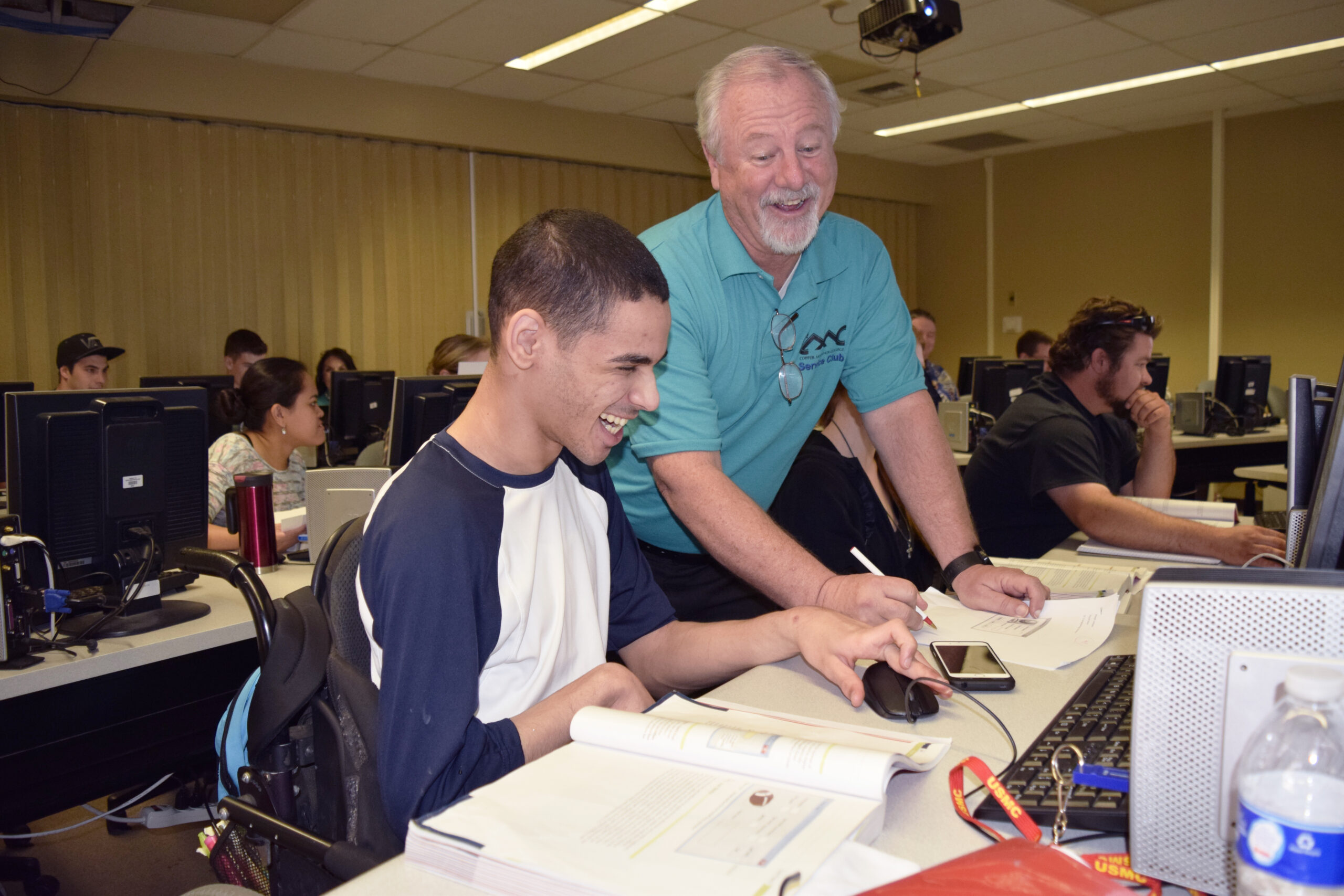What Can You Do With a Social & Behavioral Sciences Degree?
You can transfer to a four-year school and pursue a career in counseling, education, law, politics, social work, or a related field. You could go on to earn a graduate degree.
You’re also ready to work in entry-level positions across a variety of industries, including health care and social services. You could work as a:
- Crisis counselor
- Grant writer
- Health educator
- Market research analyst
- Police officer
- Substance abuse counselor
The practical skills honed during your education, such as critical thinking, are invaluable and will help you for years to come.
Understand Others & Empathize With Them
With a Social and Behavioral Sciences degree, you’ll dig deep into the driving forces behind human behavior. This greater understanding improves your ability to grasp, be sensitive to, and share the feelings of others. That’s empathy, a key component of emotional intelligence and maturity. And it’s an invaluable — and highly sought-after — skill.
Develop Desirable Skills
The learning outcomes of a liberal arts curriculum are highly desired by employers, according to the Harvard Business Review. Those outcomes — supported by the broad learning associated with this degree — include the real-world ability to apply skills and knowledge, plus:
- Clear and concise oral and written communication
- Critical thinking
- Ethical judgment
- Working effectively in teams
Continue Your Education
Take your liberal arts degree and succeed in your future educational endeavors! Our degree can easily transfer to a public or private university. You work with a Copper Mountain College counselor and with an advisor from your intended transfer university to make sure you’re taking the right classes at the right times. Doing so will save you time, energy, and money.
Our graduates might pursue four-year degrees in the following subjects:
- Anthropology
- Economics
- Geography
- History
- Human Development
- Political Science
- Psychology
- Sociology
If you decide to attend graduate or professional school, you’ll have a competitive edge in the admissions process, according to Best Colleges. Advanced degree programs value the versatility of a liberal arts education and the broad skillset it embeds in graduates.
Liberal Arts: Social & Behavioral Sciences: What to Expect
-
Completion Requirements
- 18 units in the major
- 37-40 General Education units
- 60 minimum degree units
- A grade of “C” or higher in all required courses
-
Required Courses
Select 18 units from the following:
Anthropology: ANTH 002, ANTH 003
Child Development: CD 010, CD 012, CD 015, CD 030, CD 074
Criminal Justice: CJ 001, CJ 002, CJ 003, CJ 005A, CJ 006, CJ 032
Economics: ECON 001, ECON 002
Geography: GEOG 002
History: HIST 003, HIST 004, HIST 017, HIST 018, HIST 019, HIST 048A C
Political Science: PS 001, PS 002, PS 004
Psychology: PSY 001, PSY 003, PSY 005, PSY 010, PSY 012, PSY 020, PSY 023, PSY 033
Sociology: SOC 001, SOC 002, SOC 004, SOC 010, SOC 014
Take at least two courses in one subject (such as PS 001 and PS 002) to meet the depth of study requirement.
-
What You Learn
- Introductory knowledge of nine subjects
- Concentrated knowledge in at least one
- Excellent communication and research skills
- Critical and analytical thinking capable
- Ability to understand complex topics
- Skills that are key to success in the workplace and in future education




